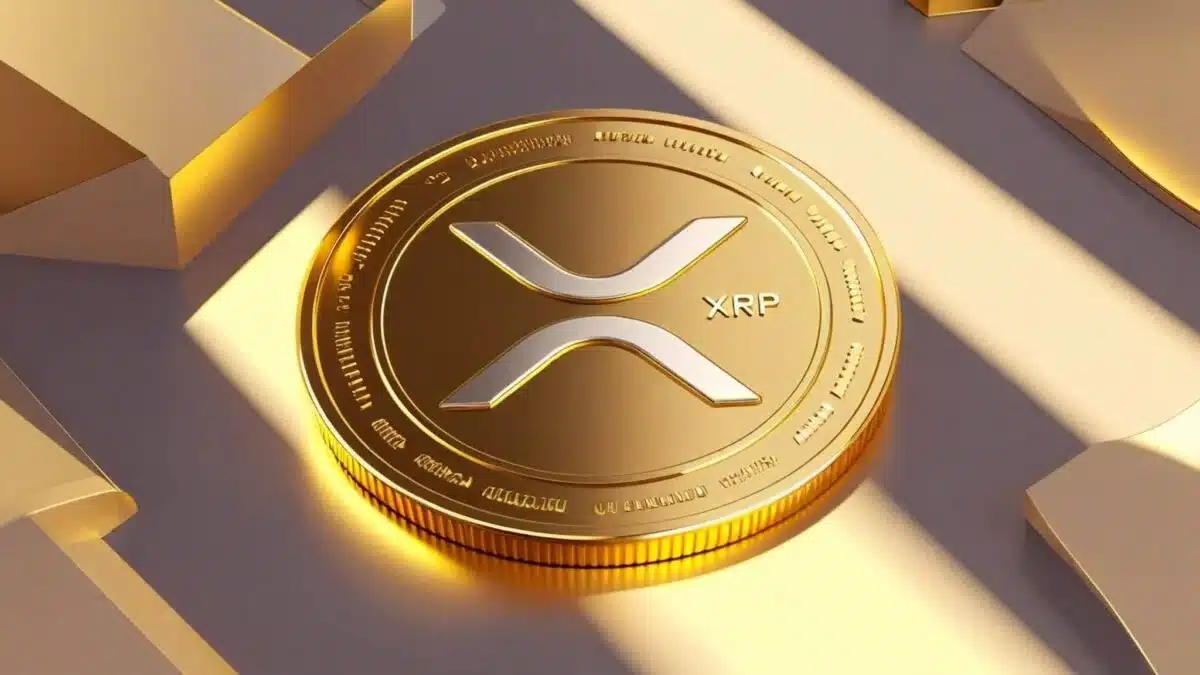- Public companies are rapidly adding XRP to corporate reserve strategies.
- Bill Morgan tracks rising XRP adoption in recent SEC company filings.
- Ripple’s massive XRP holdings could influence future institutional market demand.
According to crypto lawyer Bill Morgan, a growing number of public companies are adding XRP to their balance sheets. This trend places XRP alongside Bitcoin and Ethereum as a long-term reserve asset in corporate finance strategies.
Quantum Biopharma Ltd, which owns Bitcoin, Dogecoin, and Solana, has increased its holdings by adding XRP and Ethereum. Another example listed by Morgan is Worksport Ltd, which owns both Bitcoin and XRP and doubled its investment in Bitcoin within the last month. The company started a cryptocurrency approach in December 2024 and had already made a 15 percent profit on its XRP holdings.
In the same report, Morgan noted that four firms integrated XRP within a week and many more throughout the months. He has observed that this is no longer a unique experiment but a trend of adoption.
Also Read: XRP to $10 Incoming – What Just Happened Will Shock the Whole Market: Pundit
Ripple’s Holdings Could Influence Market Dynamics
Ripple Labs is not publicly traded but controls around 40.7 billion XRP, about 41 percent of the total supply. Treated as an official treasury reserve, as Strategy has done with Bitcoin, it would reduce supply in the marketplace and indicate institutional strength in XRP.
The end of the Ripple versus SEC lawsuit has eliminated a significant legal risk, and more publicly traded companies can now include XRP in their portfolio. Others view it as a diversification opportunity outside of Bitcoin and Ethereum, with the advantage of XRP settling faster and cheaper.
Investments in altcoins, not including Ethereum, have skyrocketed, with corporate investments reaching 11 billion dollars in July compared to 200 million dollars in early 2025. XRP has been one of the main beneficiaries of this expansion, helped by its use to make cross-border payments and manage liquidity through RippleNet.
Although the XRP Ledger does not support native staking, companies still find ways to generate revenue with their holdings. These include institutional lending, liquidity on exchanges, and wrapping XRP on platforms such as Flare to use it with smart contracts.
Conclusion
The rapid pace of public companies adding XRP reflects a shift in corporate reserve strategies. With legal clarity and rising adoption, XRP is cementing its place as a significant digital asset in the corporate world.
Also Read: Aerodrome Finance (AFRO) Price Prediction 2025–2029: Can AFRO Hit $1.45 Soon?
